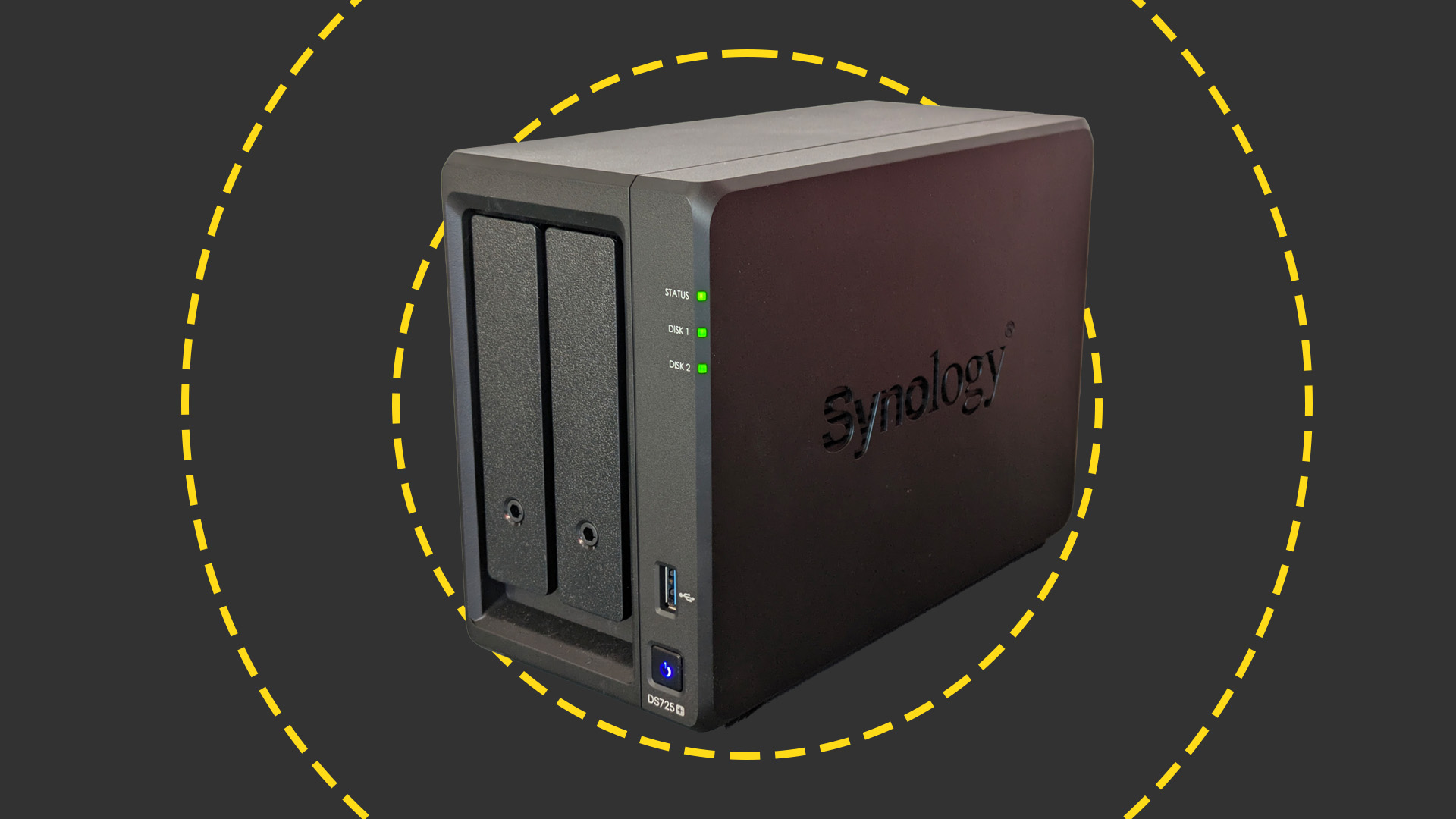Swiss government data published following supply chain attack – here’s what we know about the culprits
The Sarcoma ransomware group has published data on the dark web after accessing the systems of health promotion organization Radix


Sign up today and you will receive a free copy of our Future Focus 2025 report - the leading guidance on AI, cybersecurity and other IT challenges as per 700+ senior executives
You are now subscribed
Your newsletter sign-up was successful
The Swiss government has warned that sensitive data has been stolen and leaked following a cyber attack on a supplier.
Radix, a non-profit organization in the health promotion sector, supplies a number of federal offices, whose data has apparently been accessed.
"Investigations are currently under way to determine the specific units and data affected by the attack," Swiss authorities said in a statement. "As Radix has no direct access to Federal Administration systems, the attackers did not gain entry to these systems at any time."
30% off Keeper Security's Business Starter and Business plans
Keeper Security is trusted and valued by thousands of businesses and millions of employees. Why not join them and protect your most important assets while taking advantage of this special offer?
The government said that the Swiss National Cyber Security Center (NCSC) is coordinating further investigations.
The agency is in continuous dialogue with Radix, as well as the prosecution authorities and the Federal Administration units affected by the attack, and will release more information in due course.
With the government apparently refusing to pay a ransom, the stolen data has now been published on the dark web by the Sarcoma ransomware group.
"Affected individuals were personally informed if particularly sensitive personal data could have been affected," said Radix.
Sign up today and you will receive a free copy of our Future Focus 2025 report - the leading guidance on AI, cybersecurity and other IT challenges as per 700+ senior executives
"Based on current knowledge, there is no indication that sensitive data from partner organizations has been affected."
Who are the Sarcoma ransomware group?
The Sarcoma ransomware group has appeared relatively recently, having been first detected late last year.
Since then, though, it's become highly active, targeting organizations including Smart Media Group Bulgaria, Unimicron, and TMA Group.
The group typically carries out its attacks via phishing emails, but is known to also target outdated software and vulnerabilities, as well as supply chain weaknesses.
Andrew Costis, engineering manager of the adversary research team at AttackIQ, said that while the group is a relative newcomer to the cyber crime landscape, it’s been “very active” and claimed 36 attacks in its first month.
"Sarcoma is known for implementing double extortion tactics, where members are pressured into paying ransoms to avoid information being leaked."
Governments are increasingly coming under fire from cyber attackers, and while this is mostly due to the activity of hostile nation states, there's a threat from financially motivated ransomware gangs as well.
“This incident is yet another reminder that public sector institutions and non-profits are not immune to the tactics of increasingly professionalised cybercriminal groups,” said Lee Driver, vice president of managed security services at Ekco.
“Even when the attack isn’t directly on government infrastructure, the ripple effect through shared third-party platforms can expose sensitive data and create serious trust issues.”
"With data already appearing on the dark web, we’re likely to see further implications as investigators identify which departments and datasets were affected."
According to the Swiss NCSC, it received a cyber incident report on average every 8.5 minutes last year. Over the first half of 2024, the number was almost twice that for the same period the previous year.
MORE FROM ITPRO
- Ransomware victims are getting better at haggling with hackers
- Building ransomware resilience to avoid paying out
- The new ransomware groups worrying security researchers in 2025
Emma Woollacott is a freelance journalist writing for publications including the BBC, Private Eye, Forbes, Raconteur and specialist technology titles.
-
 Synology DiskStation DS725+ review
Synology DiskStation DS725+ reviewReviews This two-bay NAS balances cost, performance, usability, and scalability to perfection
-
 Microsoft Copilot bug saw AI snoop on confidential emails — after it was told not to
Microsoft Copilot bug saw AI snoop on confidential emails — after it was told not toNews The Copilot bug meant an AI summarizing tool accessed messages in the Sent and Draft folders, dodging policy rules
-
 Ransomware gangs are using employee monitoring software as a springboard for cyber attacks
Ransomware gangs are using employee monitoring software as a springboard for cyber attacksNews Two attempted attacks aimed to exploit Net Monitor for Employees Professional and SimpleHelp
-
 Ransomware gangs are sharing virtual machines to wage cyber attacks on the cheap – but it could be their undoing
Ransomware gangs are sharing virtual machines to wage cyber attacks on the cheap – but it could be their undoingNews Thousands of attacker servers all had the same autogenerated Windows hostnames, according to Sophos
-
 Google issues warning over ShinyHunters-branded vishing campaigns
Google issues warning over ShinyHunters-branded vishing campaignsNews Related groups are stealing data through voice phishing and fake credential harvesting websites
-
 The FBI has seized the RAMP hacking forum, but will the takedown stick? History tells us otherwise
The FBI has seized the RAMP hacking forum, but will the takedown stick? History tells us otherwiseNews Billing itself as the “only place ransomware allowed", RAMP catered mainly for Russian-speaking cyber criminals
-
 Everything we know so far about the Nike data breach
Everything we know so far about the Nike data breachNews Hackers behind the WorldLeaks ransomware group claim to have accessed sensitive corporate data
-
 There’s a dangerous new ransomware variant on the block – and cyber experts warn it’s flying under the radar
There’s a dangerous new ransomware variant on the block – and cyber experts warn it’s flying under the radarNews The new DeadLock ransomware family is taking off in the wild, researchers warn
-
 Hacker offering US engineering firm data online after alleged breach
Hacker offering US engineering firm data online after alleged breachNews Data relating to Tampa Electric Company, Duke Energy Florida, and American Electric Power was allegedly stolen
-
 Cybersecurity experts face 20 years in prison following ransomware campaign
Cybersecurity experts face 20 years in prison following ransomware campaignTwo men used their tech expertise to carry out ALPHV BlackCat ransomware attacks

